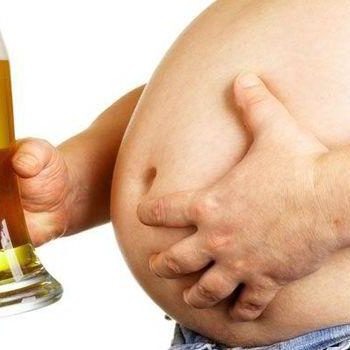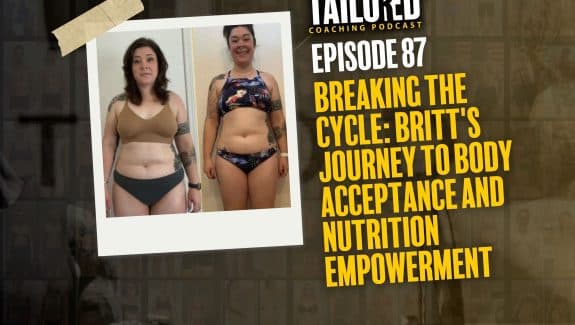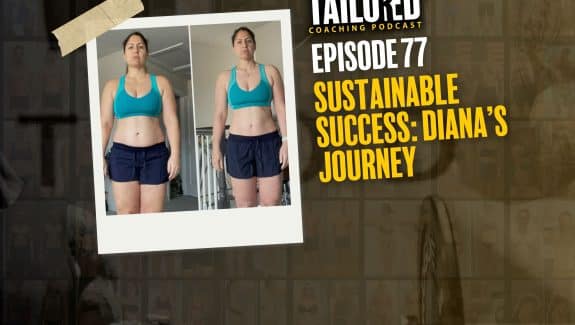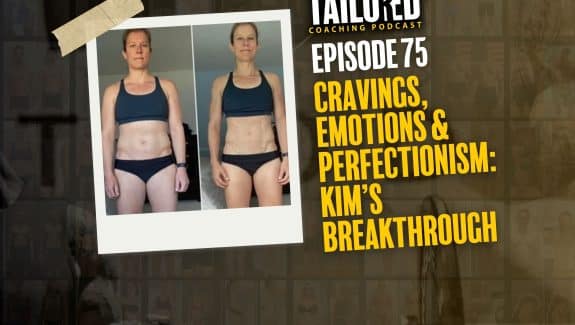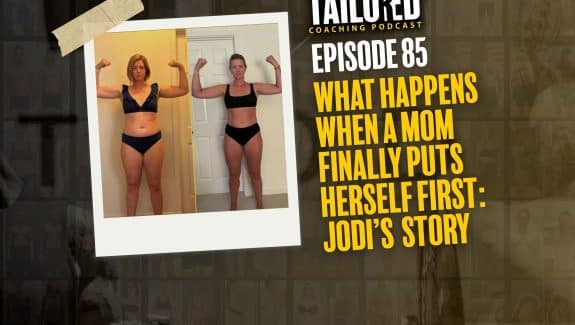“Weight regain is generally the rule, with long-term follow up studies indicating that one-third to two-thirds of the weight lost is regained within 1 year and almost all is regained within 5 years.” [1]
That statistic is not only unbelievably sad, but 100% accurate in America. See, people always talk about how obese this country is and how bad we are at losing weight… But that’s far from true; we’re excellent at losing weight and dieting. In fact, seems that many of the people in our country are damn near obsessed with dieting.
[2] The diet industry alone (this includes diet books, diet drugs, and even weight loss surgeries) is worth $20 Billion, there is 108 Million Americans currently on a “diet”, 85% of the customers are consuming diet pills or weight loss products, and honestly… the crazy statistics keep on going, but I’ll stop there because that is besides the point today.
So what is the point today? The point is that we need to stop looking to lose fat quick and start looking to keep fat off. My advice, as much as our impatient selves like to hear it (yes, I am impatient as hell too), is to take your goal weight and time you’d like to achieve it by – then multiply the time by 2. Want to lose 30 pounds in 2-3 months? Shoot for 4-6 months instead.
This doesn’t mean you cannot get it done in less, it means you are very unlikely to keep it off if you do. What is the point of getting bikini ready for that one trip to Mexico or Hawaii, if you cannot keep it off when you get back?
Over and over again we see people diet for a trip, show, event or whatever it may be… Then they gain weight back and wait until the next event to get lean again, or they’ll purposely set up another event so they feel force to get in shape for it.
Nothing against getting in shape for a special event, but you need to have the aftermath in mind or as part of that goal when you do. When I prep someone for a bikini or physique show, the first thing we talk about is flexibility, having more than enough time, and exactly what we’ll do afterwards. I don’t even talk about training or nutrition or macros until I’ve done this. Because there is no worse feeling than getting in the best shape ever, just to gain it right back. That is a major hit to the conscious and your confidence.
Why is “weight-regain” bad?
Ok, maybe some of you are thinking – “Who cares! I got lean, looked great and then enjoyed myself so I threw on a few pounds and I’m ok with that”.
Well, first off – Good for you! And I mean that in a sincere way, seriously. If you can love your body regardless, I think that’s awesome and honestly something so many of us are missing (even me!).
But the thing we need to understand is that there are many negative side effects of losing weight and gaining right back, especially if we do it repeatedly more than once. First and foremost, our metabolism will get wrecked over time from the constant fluctuations and over the course of that time, it will get more and more “damaged” (or adapted, to a lower calorie amount which is not good). But that’s just one of the many hormonal side effects – for men we’re talking testosterone and growth hormone issues, for everyone we’re talking cortisol and libido issues, and for women very likely thyroid issues as well.
Next we have to consider the fact that every time you put fat back on, it’s going to be that much harder to lose the next time. The reason being is because of the type of fat cells but also simply because of the hormonal cascade I described above. The more often we lose and gain, the worse our hormones get and guess what? Hormonal balance is a major key to losing weight and keeping it off (also a major key to building lean muscle mass).
Unfortunately this list, continues… Decreases in fat oxidation, energy expenditure, insulin, leptin, and satiety signals all happen. Increases in stress, cravings, appetite, likely hood of binge eating, ghrelin (hunger hormone) and more… All this happens while dieting but mainly when we diet “hard”, the long term dieting is much less likely to cause any of the above.
You’re Long Term Results Checklist.√
Without going over exactly what you need to do in order to make this consistent, you won’t be able to make it a long term result. There are 4 specific things every Training and Nutrition Plan needs in order to be successful week after week, month after month, and even year after year.
- Fits your lifestyle. If it causes you stress because it is hard to accomplish, the hours at the gym are off, you need to rush, your schedule is getting changed to often because of it, or it’s simply taking away from what you love, something needs to change.
- Adherence. If you cannot see yourself doing this regular on a long-term basis, then something needs to change.
- Gets the result. All of the above being said, this shit needs to work. So if it isn’t getting you the results, without going overboard or to any extremes, then something needs to change.
- Flexibility. If you cannot enjoy a beer or some of the foods you love, at least 10-20% of the time, then something needs to change.
Before you start any plan, go over this checklist. If something is off or doesn’t align with this, I suggest finding a new plan or someone who can help you abide by the checklist while getting the results you desire.
[ If what you’re doing is not showing results or doesn’t abide by the checklist above, Click Here to get on a Free Discovery Call with me within 24 hours. ]
Major Key’s To Consider While Dieting.
These are some basic things that you should continue to keep in mind, focus on and be sure to include during a dieting phase. Remember, doing the rapid 30 day cleanse, detox or fat loss program will very likely not allow any of this, not too mention… It will very likely cause all the negative side effects I discussed above to happen.
- Train smart. Don’t just grab something out of a flex magazine, get on a periodized program that allows you to maintain most if not all of your strength and lean muscle tissue while dieting (this is KEY).
- Use cardio as a tool, but not as a staple. Time invested in cardio should be a small fraction compared to your weight training, because it is just a tool. You will more than likely need it in order to cut weight or body fat, but it shouldn’t be over done or drawn out past 30 minutes on a regular basis (once again, have a plan!).
- Keep stress levels under control and get plenty sleep, this will lead to lower cortisol levels. Things like gratitude journals and meditation can be another excellent way to keep stress low during a diet phase.
- Diet on as many calories as possible, to ensure as minimal of a calorie deficit as possible. This will maintain strength, energy and muscle mass at the best possible rate, keep you satiated more, and keep adherence higher.
- Keep a higher protein diet to induce MPS (Muscle Protein Synthesis) at each meal. This will keep you more satiated, keep lean muscle mass retention higher, recovery better, and allow calories to be a bit higher. 30-40% of calories is a good route, or anywhere between .8-1.2g per lb. of bodyweight depending on your personal weight and goals.
- Be on a smart nutrition plan! If you don’t have a plan, you’re somewhat shooting in the dark. Whether you track calories or not, you need a plan to know where you’re going.
- Be patient when making calorie cuts and make them less aggressive when you do so. Good rule of thumb, allow 2 weeks before adjusting calories – because your body does take time to adapt. Another rule of thumb, stick to ~5% calorie reductions (daily or weekly) when you adjust, doing more is usually just unnecessary.
- Be patient and lose weight at a slow rate, .5-2 lbs. per week. This is a healthier rate of loss and allows sustainability without muscle tissue loss.
- Use regular metrics to track progress (i.e., pictures, measurements, weighing yourself, and tracking your daily food intake).
- Don’t over restrict yourself. 80-90% of your diet should be whole foods and nutrient dense sources, but 10-20% should be the things you love. We all want what we can’t have, therefore we end of binging once we can have a little bit of it. Practice moderation the whole way through.
References:
- [1] National Institutes of Health Technology Assessment Conference Panel (1993). Methods for voluntary weight loss and control. Ann Intern Med.
- [2] http://abcnews.go.com/Health/100-million-dieters-20-billion-weight-loss-industry/story?id=16297197
∗ If you’re committed to making a change and are interested in a system that can guarentee results that last (assuming you truly follow the protocols), then fill out the application below.

